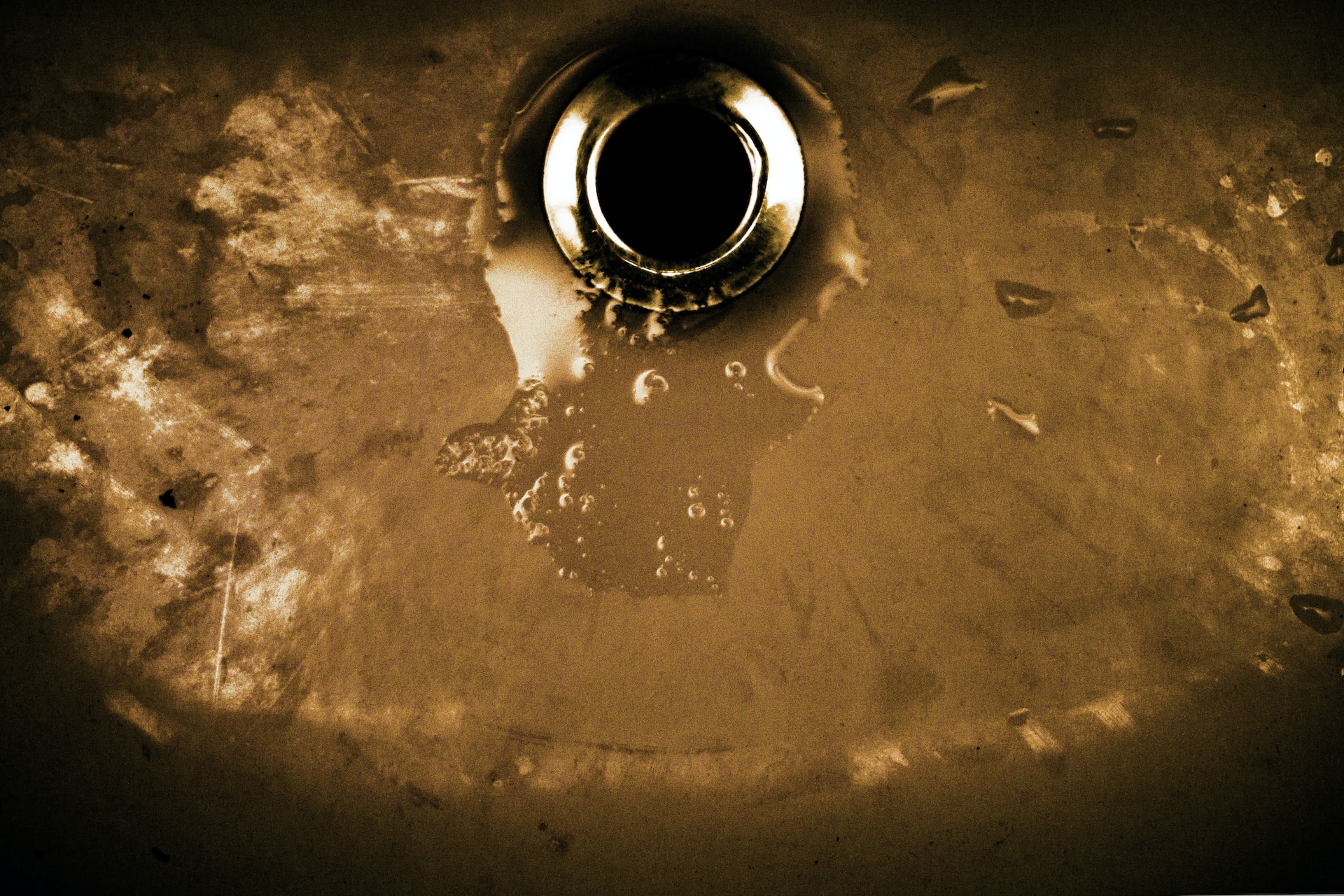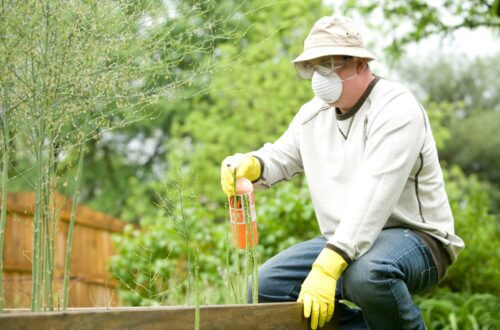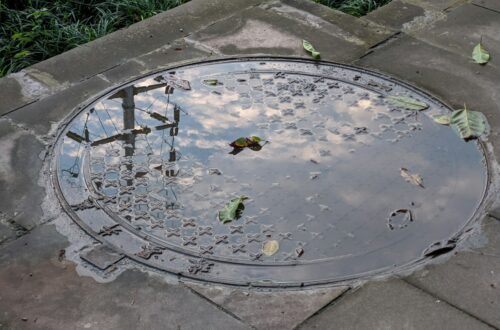If you want to clean your drains, you can use many different methods. The most effective way will depend on the type of clog you have and where it is located. You can also use baking soda or vinegar to clean your drains. These products can clean the pipes, remove odors caused by bacteria, and help prevent clogs. Or you can hire drain cleaning Albuquerque professionals who will do the job.
High-Pressure Drain Cleaning
High-pressure drain cleaning uses high-pressure water to clear blockages and debris from pipes. This technique is a safe and environmentally-friendly alternative to chemicals and other methods. Unlike chemicals, high-pressure drain cleaning does not use heavy equipment. The water used is powerful enough to cut through blockages, and there is no risk of leaking.
Another advantage of high-pressure drain cleaning is that it preserves the integrity of pipes by using only water. This method is an excellent choice for drain blocking prevention. It eliminates more clogs, helps to prevent blockages from occurring again in the future, and is gentle on pipes, ensuring they remain in good condition.
The process of high-pressure drain cleaning is much faster than other methods, and it eliminates more clogs. It also helps to prevent blockages from occurring again in the future. Another advantage is that it is gentle on pipes, so you can safely use it. The process also doesn’t damage your pipes or plants. It starts with a video inspection to determine the type of clog or obstruction blocking your line. The video can also help decide whether or not you need to re-pipe the pipe if it’s damaged.
Hydro Jetting
Hydro jetting is a great way to clean your drains. It is an eco-friendly process and can remove blockages without needing a trench. Traditional plumbing methods such as digging a trench to access the pipes can be costly and time-consuming, not to mention messy. Hydro jetting is a less intrusive, non-destructive method, and its high-pressure water can tackle even the tiniest dust particles.
Clogged drains and sewer lines can lead to backups and overflows. Hydro-jetting is the most effective way to clear clogs. It can cut through almost anything – from grease to tree roots – and clean pipes thoroughly.
Drain Snaking
Drain snaking is a standard plumbing method that is easy and quick to use. It is a common tool in every plumber’s toolbox. Although it is not the most thorough method, it can remove stubborn clogs. The downside is that it can leave behind waste in the pipe.
While drain snaking can clear clogs in smaller pipes, hydro jetting is a better, more thorough method that uses high-pressure water to blast the debris out of pipes. While it requires more frequent drain cleaning, it can result in less damage to pipes.
Hydro jetting may be the most effective option if you are experiencing a severe clog in your drain. Its mighty water jets can blast out solid materials, making it the best choice for removing large clogs. In addition, unlike traditional drain cleaning techniques, hydro jetting eliminates the entire clog. Sediment, soap residue, and fats can form tough clogs in drains. These materials are tough to remove with traditional methods.
Liquid Drain Cleaners
Liquid drain cleaners are an everyday household necessity. They can unclog minor clogs, such as clumps of hair in your bathroom sink, and even fix more significant problems, like broken pipes. However, there are some downsides to using liquid drain cleaners.
The first major disadvantage of using liquid drain cleaners is that they are ineffective. If the clog is due to something other than hairballs, it is unlikely that a liquid drain cleaner will work. In such a situation, it is best to hire a professional plumber. Not only will a plumber be able to identify and correct the clog, but he will also be able to prevent future problems.
Another disadvantage of chemical drain cleaners is that they can weaken pipes over time. In addition, they can be hazardous to the environment. These drain cleaners combine with the clog to form a chemical reaction. The resulting opening will allow water to pass through. However, a chemical drain cleaner is ineffective if the clog is caused by a solid object or mineral deposits.
Environmental Impact
Many commercial drain cleaning chemicals contain ingredients that are not good for the environment. For example, chemicals such as Drano have high levels of lye, a highly toxic chemical that can kill plants and animals. The chemicals can even damage the reproductive systems of animals and humans if they are swallowed. Hence, it is vital to avoid drain cleaning with these substances.
Chemicals used for drain cleaning are harmful not only to the environment but also to the pipes. For example, Lye is a strong chemical that can dissolve grease and keratin. The chemical reaction between lye and water causes heat, softening the pipes’ deposits. Using aluminum shards intensifies the chemical reaction and generates heat of nearly boiling temperatures, which speeds up the decomposition of organic solids.






